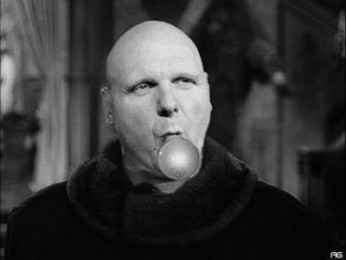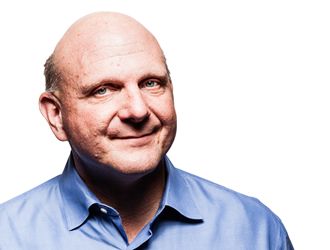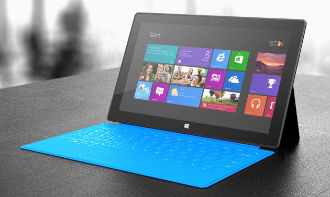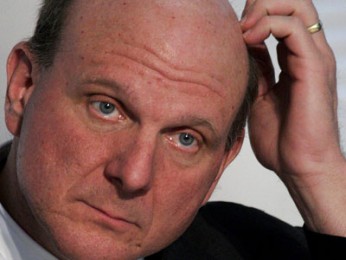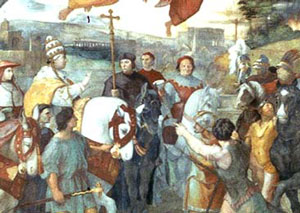 This week Microsoft announced that it was cutting the price of the ARM based version of its Surface tablets.
This week Microsoft announced that it was cutting the price of the ARM based version of its Surface tablets.
Instantly it kicked itself an own goal with many of the more cynical types in the industry saying that it was a fire sale which HP did when its tablet failed.
Both were trying to do something fairly radical. HP was trying to convince the world that its WebOS was up to snuff and Microsoft was trying to tell the world that it could run on ARM chips.
HP ended up flogging its warehouses in a fire sale and no the thought is that Microsoft has done the same.
There are some similarities between the HP situation and what Microsoft is doing now, but it is not to do with a fire sale. Microsoft did make a number of mistakes when it came to its Surface and not it is trying to repair that error.
The biggest error Microsoft did was on an increasing saturated market it attempted to launch a product at a price which was far too high to push it into the market.
It also initially launched a product based around ARM which could not do half the things that the x86 version could manage.
At the time there was a good rumour that Microsoft was going to release its keyboard based Surface at about $100 to $150 lower than Apple. This would have to be subsidised, but would certainly have proved popular and could have gotten Vole’s foot in the door.
However Microsoft decided instead not to do that. In fact there was some indications that Microsoft CEO Steve Ballmer did not want to hack off his OEMs too much by releasing a cut price tablet which would have knocked them out of the market.
After coming into the market late, and with a product that was going to be overpriced and a tough sell, Microsoft did not do too badly. However the figures did leave Microsoft with shedloads of overpriced tablets sitting in its warehouse.
The answer to this was to come in late with price cuts and hope that cheap and cheerful RTs would encourage future upgrades to the concept later.
But typically with things Microsoft, it mis-handled the whole thing. What Microsoft wanted to do was issue a new range of Surface tablets with a better spec. It wanted to empty its warehouses so it could introduce a better selling model.
If it were Apple it would start the world talking about the new spec first. Then no one would question what the price cuts were all about. Those who wanted the new machines would wait, while those who did not care too much about future proofing would believe they had a good deal.
But Microsoft kept the news of its new tablets quiet until after the cuts were announced, giving the impression that they had not sold. This re-enforced the view that the Surface was really dead in the water.
All the way down the line, Ballmer has mis-read what is happening in the Tablet market and mis-judged how Microsoft should have responded. This is despite having a tablet which is arguably a better product than anything on the market.
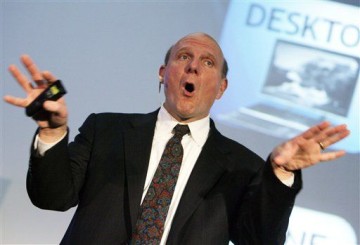 Microsoft CEO Satya Nadella, who is widely credited with reviving Microsoft with a move to the cloud, has said that Azure was the brainchild of the shy and retiring former CEO Steve Ballmer.
Microsoft CEO Satya Nadella, who is widely credited with reviving Microsoft with a move to the cloud, has said that Azure was the brainchild of the shy and retiring former CEO Steve Ballmer.
